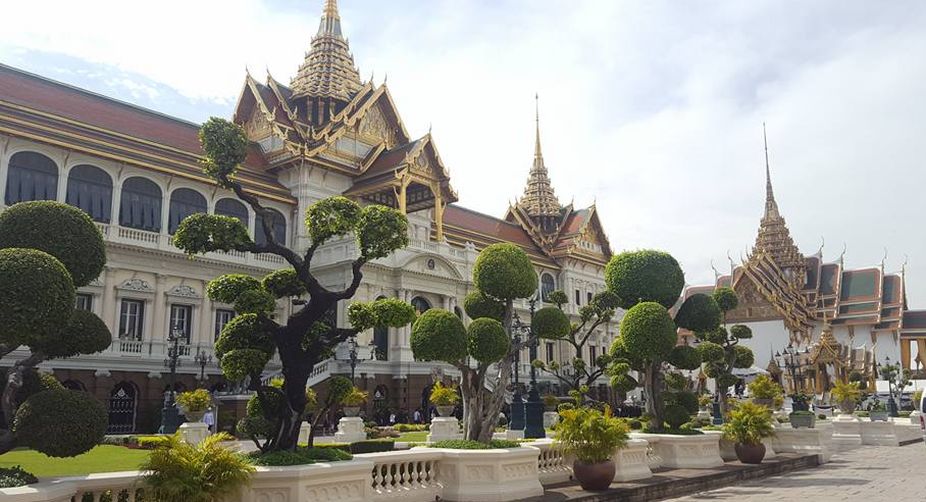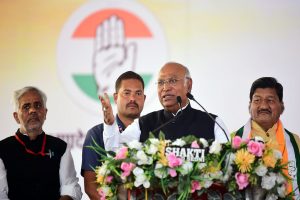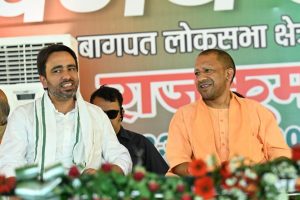For a country that has been tormented by political strife for the past few years, Thursday’s change of guard at the Grand Palace in Bangkok is deeply significant. The Crown Prince, who received the title, “His Majesty King Maha Vajiralongkorn Bodindradebayavarangkun”, has succeeded to the throne two months after the passing of his father, King Bhumibol Adulyadej, who had reigned for 70 years, and was an icon in the overall construct.
The Thai Parliament’s invitation to the Crown Prince to succeed his father as king has ended the uncertainty in the context of an overbearing military, a restive people backed by the political class, and the continuing influence of the Shinawatra family, however tainted, in the northern areas bordering Myanmar.
It is an ambitious cocktail of power-play that the palace will nonetheless have to countenance. When Buddhist temples across the country were asked to beat drums and gongs following his enthronement, the grandstanding signified the groundswell of support for royalty in a constitutional monarchy.
“I agree to accept the wishes of the late king for the benefit of the entire Thai people,” was the reassuring message of the Crown Prince. It is open to question though whether the accession will redefine the role of the palace, which has maintained a low profile… according a free hand to the bumbling political class, and more recently the military. As it turns out, both have failed the people. The country cries out for stability and the role of the palace will be pivotal in the days to come.
Vajiralongkorn, or as now incarnated as Rama X, was originally expected to assume the throne the day his father died (October 13), but the Prime Minister, Prayuth Chan-ocha, said the prince had asked for the accession to be delayed so he would have time to mourn.
As a fallout of the political unrest, Thailand is a constitutional monarchy though now under military rule and the new King will be expected to address the inherent dichotomy in the structure of governance. It bears recall that Bhumibol had played an important role in stabilising his country through a period of enormous change when neighbouring monarchies were collapsing under the pressures of the Vietnam war. He was known for his energy in development activities, conducting hands-on inspections in remote rural areas. He had calmed the country through several political crises.
The new king faces the challenge of a country that has been fractured over the past decade; contending political forces have engaged in bitter confrontation, shaking the people’s faith in the democratic system. The response of the palace to that challenge will shape the history of Thailand.
Advertisement











